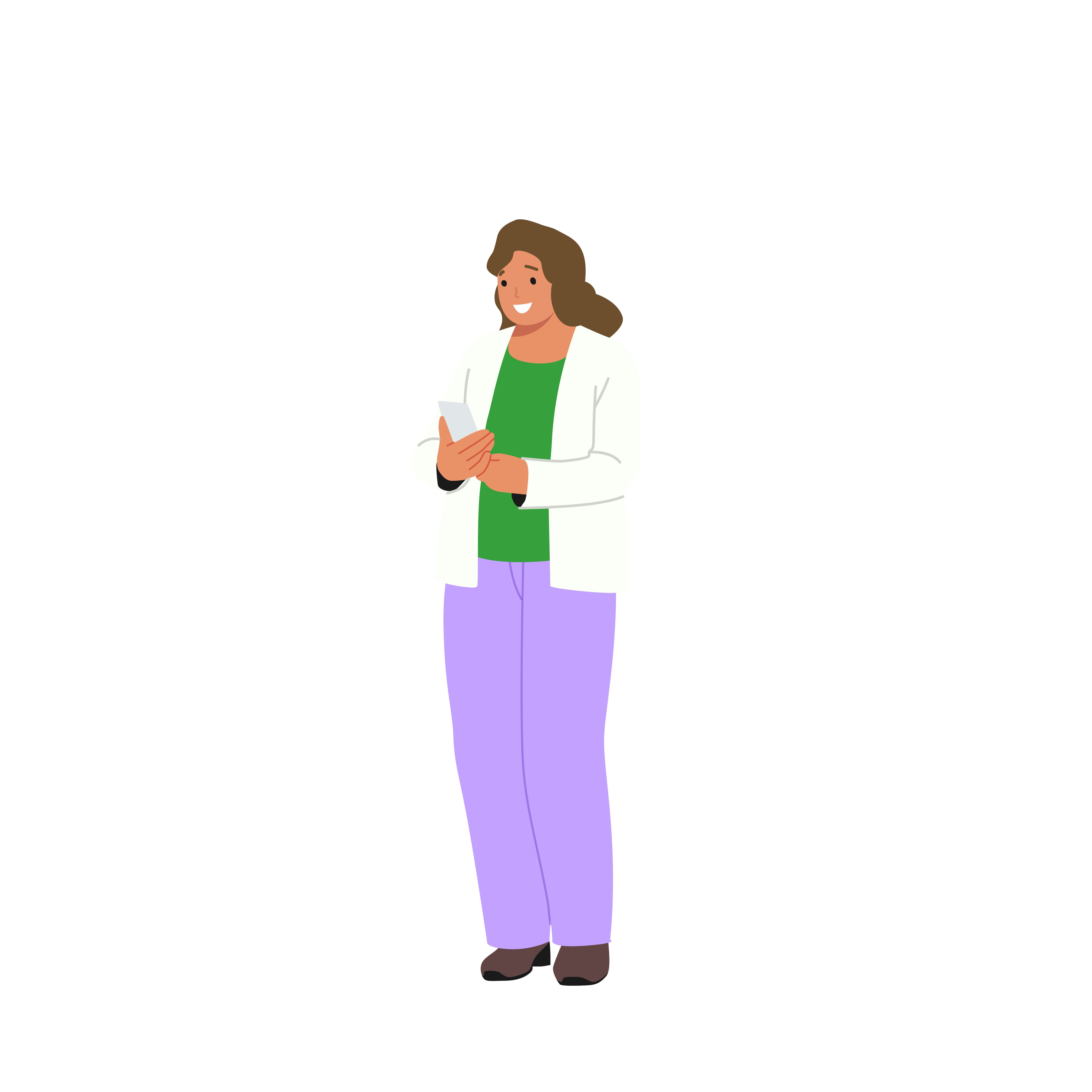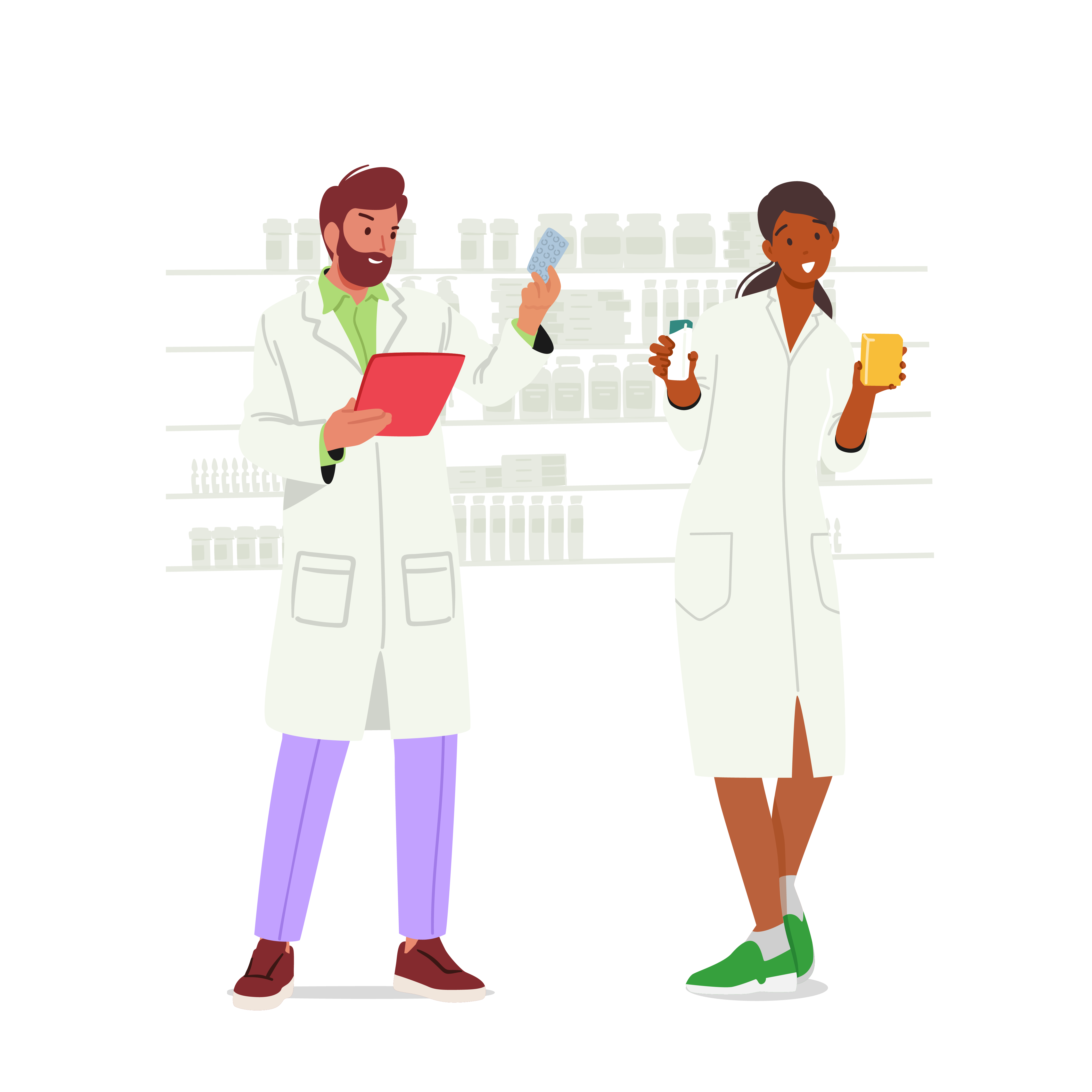- Home
- Sexual Health
- Pre-exposure Prophylaxis (PrEP) Medication
Pre-exposure Prophylaxis (PrEP) Medication
Pre-exposure prophylaxis (PrEP) is a proven sexual health treatment designed to help protect people from HIV (human immunodeficiency virus). When taken daily as recommended by a healthcare professional, PrEP significantly lowers the risk of becoming infected with HIV, especially for individuals at higher risk. By using PrEP consistently and correctly, HIV-negative individuals can take control of their health and reduce the chance of infection. At PharmXtra, you can order PrEP medication such as generic Truvada (emtricitabine/tenofovir) online, helping to protect yourself and others by reducing the spread of HIV.
More Information
What is PrEP?
Pre-exposure prophylaxis (PrEP) is a daily medication that helps protect people who are at higher risk of getting HIV. It works by preventing the virus from taking hold in the body if you're exposed to it. This makes it different from PEP (post-exposure prophylaxis), which is used after potential exposure. PrEP is suitable for people who have condomless sex, multiple partners, or partners who are HIV-positive. When taken consistently, PrEP offers strong protection against HIV.
Greg Owen explains what PrEP is
Co-founder of I Want PrEP Now, Greg Owen, has created a video explaining what PrEP is:
Centers for Disease Control and Prevention: PrEP (Pre Exposure Prophylaxis) Explained
The CDC (Centers for Disease Control and Prevention) provide an explanation of how to prevent HIV transmission in the video below:
The CDC state that PrEP (pre-exposure prophylaxis) is medicine people take to prevent getting HIV from sex or injection drug use.
Pan American Health Organization: How PrEP prevents HIV Transmission
The PAHO (Pan American Health Organization) have created a a helpful video to explain how PrEP treatment works to prevent the spread HIV between sexual partners:
'Pre-exposure prophylaxis (or PrEP) is an HIV medication that when used consistently, reduces the risk of HIV infection.' according to the PAHO.
PrEP HIV FAQs
Below PharmXtra answers common questions about PrEP (Pre-exposure Prophylaxis) to help you stay informed and protected.
How effective is PrEP at preventing HIV?
When taken correctly, PrEP is up to 92% effective at preventing HIV. This is especially important because HIV attacks the immune system. If untreated, it can weaken your body and lead to serious illnesses. Once HIV progresses, it can lead to AIDS. Using PrEP along with condoms and regular HIV testing is a powerful way to stay protected.
Head of STIs and HIV at Public Health England, Professor Noel Gill, says that there have been 'steep declines in HIV transmission, especially in gay men' thanks to the combined use of PrEP medication and condoms, alongside expanded HIV testing., alongside the improved availability of antiretroviral therapy (ART) / antiretroviral medication.
How does PrEP work?
PrEP contains two medicines: emtricitabine and tenofovir. These work by stopping HIV from copying itself if it enters your body. When taken daily, these medicines build up in your system and create a strong barrier against infection.
How long does PrEP take to work?
For anal sex, PrEP starts working after 7 days of daily use. For vaginal or frontal sex, it takes around 21 days. During this time, it’s important to use other protection like condoms.
How do I use PrEP?
Most people take one PrEP tablet daily at the same time. This provides continuous protection. There is also an "on-demand" method (Event-Based Dosing) for those having less frequent anal sex. Always speak to a healthcare professional before starting PrEP to make sure it’s the right choice for you.
What is the correct dosage of PrEP?
PrEP Dosage for HIV
PrEP dosage for HIV prevention will vary based on the type of sexual activity being undertaken. For example vaginal sex, frontal sex or anal sex. You can find out more at iwantprepnow.co.uk
Daily PrEP Dosage vs On Demand PrEP Dosage
| Daily PrEP (1 tablet daily) | On-Demand PrEP | |
|---|---|---|
| Used for | All types of sex (anal, vaginal, frontal) | Anal sex only |
| Lead-in time | 7 days | 2 tablets 2-24 hours before sex, then 1 tablet 24 and 48 hours after |
| Missed doses | Still offers some protection | Important not to miss any |
| Take with food? | Can be taken with or without food | Yes |
Further instructions can be found on the How To Take PrEP page at I Want PrEP Now.
Is PrEP covered by the NHS?
Yes, in England, Scotland, Wales, and Northern Ireland, PrEP is available for free on the NHS for those who meet the eligibility criteria. You can access it via your local sexual health clinic.
What are the symptoms of HIV?
According to the NHS, early HIV symptoms may include:
- Fever
- Sore throat
- Rash
- Tiredness
- Swollen glands
Later symptoms (as the immune system weakens) may include weight loss, diarrhoea, night sweats, and recurring infections.
Can HIV be prevented?
Yes. Using PrEP, condoms, and getting tested regularly significantly lowers your risk. Once someone has HIV, they will need lifelong treatment, but if caught early and managed well, it can be controlled and won’t be passed on to others.
The European Medicines Agency say that the PrEP pill, Truvada (generically referred to as emtricitabine/tenofovir - the generic PrEP pill), is a PrEP treatment / HIV medicine used to help prevent sexually transmitted HIV 1 infection in adults and adolescents who are at high risk of being infected by the human immunodeficiency virus (HIV).
How is HIV passed on?
HIV can be passed through:
- Unprotected sex
- Sharing needles
- Blood transfusions (rare in the UK)
- From mother to baby during childbirth or breastfeeding
HIV is not spread through kissing, hugging, toilet seats, or sharing food.
Is AIDS the same as HIV?
No. HIV is the virus, and AIDS (acquired immunodeficiency syndrome) is the condition that develops when HIV is not treated. With today’s medicine, most people living with HIV never develop AIDS.
Who is at high risk of HIV?
People at higher risk include:
- Men who have sex with men
- People with HIV-positive partners
- People who have multiple sexual partners
- People who inject drugs
- Sex workers
What is considered high risk for HIV?
High risk includes behaviours like condomless sex with multiple partners, sharing needles, or having a recent STI. People in areas with high HIV rates may also be at increased risk, according to the National Institutes of Health. Some countries at higher risk of HIV infection also employ people in specialist roles to reduce the risk of HIV transmission, such as environmental health technicians (EHT).. A sexual health professional can help assess your personal risk and recommend whether PrEP is right for you.
What initiatives exist to fight HIV?
There are many programmes in the UK and around the world helping people access PrEP and prevent HIV. These include:
These groups offer guidance, free testing, and education to raise awareness and reduce new HIV cases across the UK.
Sources
- Wikipedia - Pre-exposure prophylaxis
- Healthline - HIV PrEP
- HIV.gov - Pre-Exposure Prophylaxis (PrEP)
- Centers for Disease Control and Prevention - Pre-Exposure Prophylaxis (PrEP)
- Terrence Higgins Trust - PrEP (pre-exposure prophylaxis)
- NHS - HIV and AIDS prevention
- Let's Talk About It NHS - PrEP (pre-exposure prophylaxis)
- NHS Inform Scotland - PrEP (pre-exposure prophylaxis)
- I Want PrEP Now - About PrEP
- Planned Parenthood - PrEP (Pre-Exposure Prophylaxis)
- Ending HIV - PrEP
- The Rainbow Project - PrEP
- National Institute of Allergy and Infectious Diseases - Pre-Exposure Prophylaxis (PrEP)
- NICE - NICE recommends offering PrEP to people at high risk of HIV for first time
- World Health Organization - Pre-exposure prophylaxis (PrEP)
- Greater Than AIDS - Let's Talk About PrEP
- Aidsmap - Taking PrEP during acute HIV infection for more than 2-3 weeks likely to cause resistance: Thai study
Medication delivered discreetly from EU pharmacies



Choose the right treatment
From the comfort of your own home or out on the go, choose the treatment you require from our extensive range.
Complete an online consultation
A vital part of our process, your online consultation will be similar questions to that of a GP. Quick and easy, we guarantee privacy and confidentiality.
Delivered discreetly
One of over 100 of our partner regulated EU pharmacies will dispense and ship the treatment to you.
Rated out of 5 on 
Great service easy to order and easy to contact if any problems arise
Reliable and trustworthy site. Prescription can be tracked throughout the process, prompt delivery. Comprehensive online consultation to ensure correct medication is prescribed.
It took no more than a couple of days to be delivered.
Very quick and efficient service…. Highly recommended….
Rated 4.5 out of 5 based on 5048 reviews

Here to help you
Our Customer Service is available Monday to Friday 9am - 4pm. If you need urgent assistance, do not use this service. Call 111, or in an emergency call 999. Visit our help section



